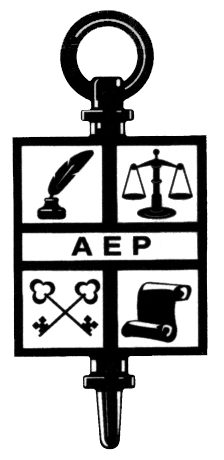What is the difference between a Living Trust and a Will?
A Will:
A will is a legal document that states how certain property a person owns will be distributed when they die. It also appoints a person to oversee the distribution of such property together with the probate court. A guardian can also be appointed for minor children in a will. A will does not take effect until after a person dies and must be signed with certain formalities to be effective.
Generally, when a person dies with a will, it is filed with the probate court in the county where such person lived. The assets governed by the will then go through the county’s probate court process. Depending on where the probate takes place, this process can take anywhere from 4 – 18+ months and cost thousands of dollars.
A will does not govern certain property that is controlled by beneficiary designations or by titling. These assets (including property titled jointly with rights of survivor ship, payable on death accounts, life insurance, retirement plans and accounts, and employee death benefits) pass directly to the beneficiaries named and aren’t controlled by a will.
Living Trust:
A trust is an agreement that gives a person(s) – the “trustee(s)” — the right to manage the assets placed in the trust and directs how those assets should be distributed. A living trust (also called a revocable trust or interviews trust) is a trust that is created while a person is still living. The creator generally gives themselves broad powers to change the trust during their lifetime and appoints themselves as trustee. In most cases, the creator of the living trust chooses to enjoy all the benefits from the trust assets during their life while maintaining complete control over those assets just as they did prior to creating the living trust.
Once the creator dies or becomes incapacitated a successor trustee will manage the trust assets and distribute them in the way the trust directs. Often the trust will direct the assets be either distributed outright to the beneficiaries or held in the trust for the benefit of those who will eventually receive them.
If a person elects to create a living trust, they should also have a will. A will governs property that may not have been placed in the living trust, appoints a personal representative in case one is needed, and designates guardians for minor children. Often if a person has a living trust, their will simply provides that all property passing under the will goes into the person’s living trust.







